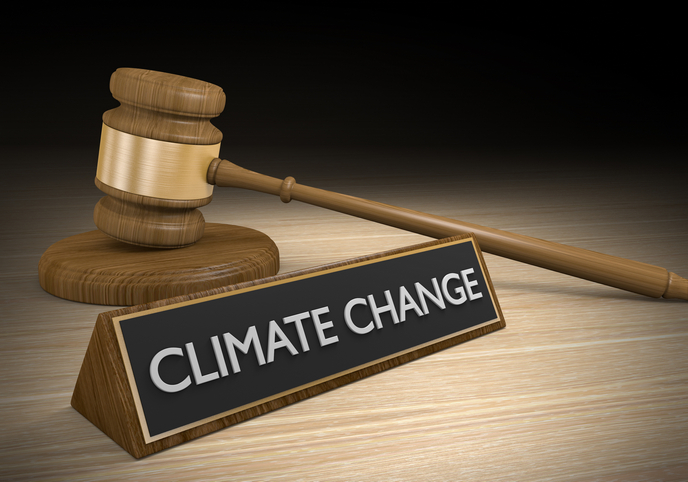Looking to the Caribbean for tackling climate resilience
Climate change is threatening ecosystems, infrastructure, and people’s health and livelihoods across the globe. For the small island developing states in the Caribbean, this threat is even greater since their unique geographical and socioeconomic characteristics make them particularly vulnerable to climate change. A new report(opens in new window) examines how climate change adaptation and disaster risk reduction laws and policies can contribute to climate-resilient development in the Commonwealth of Dominica, an island of the Lesser Antilles archipelago in the Caribbean Sea. Supported in part by the EU-funded CAROLINE project, the study focuses on this particular Caribbean nation’s achievements for a very important reason. Although Dominica is one of the islands most affected by climate change in the region, as the report states it’s “fast becoming a global standard in improving resilience through legislation and governance.” Published by the International Federation of Red Cross and Red Crescent Societies’ (IFRC) Disaster Law Programme, Irish Research Council and University College Cork School of Law, Ireland, the report analyses the progress made since Hurricane Maria devastated the island in 2017. The Category 5 storm destroyed entire neighbourhoods and crippled businesses and social services on Dominica for months. However, it also led the country to take stock of how effective its regulatory and infrastructure systems were in dealing with the effects of climate change. The study analyses the resulting integrated and innovative regulatory approach adopted by Dominica and how it can improve climate change adaptation and disaster risk reduction so as to ensure sustainable socioeconomic development.
Reforms for climate resilience
To achieve climate resilience, the first reform Dominica made in the aftermath of Maria was to adopt the National Resilience Development Strategy 2030 (NRDS) of 2018. A high-level policy framework to guide national recovery and reconstruction, the NRDS aims to integrate climate resilience and disaster risk management with economic and social planning. Translating the NRDS into specific initiatives and activities, the island nation’s 2020 Climate Resilience and Recovery Plan identifies 20 specific climate resilience targets framed within the following general ‘result areas’: social, economic; physical infrastructure; cultural; institutional; and environmental. Further action documented in the study includes the Climate Resilience Act, adopted in 2018 to help Dominica recover swiftly from climate-related disasters and “to ‘disaster-proof’ all aspects of public and private life.” Two bodies were established to accomplish these goals: a Climate Resilience Policy Board and a Climate Resilience Executing Agency. The report identifies a number of features that make Dominica’s governance model stand out. These include the importance placed on synergies with foreign partners and global and regional instruments, the central role assigned to the natural environment and ecosystems, and the acknowledged relevance of gender integration and social inclusivity. “This study aims at documenting and analysing the country’s experience, while providing at the same time a list of suggested improvements for decision-makers willing to follow a similar path,” observes the report’s author Dr Tommaso Natoli of University College Cork in a news item(opens in new window) posted on the ‘IFRC Disaster Law’ website. The key idea is that for climate resilience law and policies to be effective, they should comprehensively link climate and disaster risk management plans to longer-term socioeconomic development goals. CAROLINE (Collaborative Research Fellowships for a Responsive and Innovative Europe) is coordinated by Ireland’s Higher Education Authority. The project ends in June 2021. For more information, please see: CAROLINE project web page(opens in new window)



